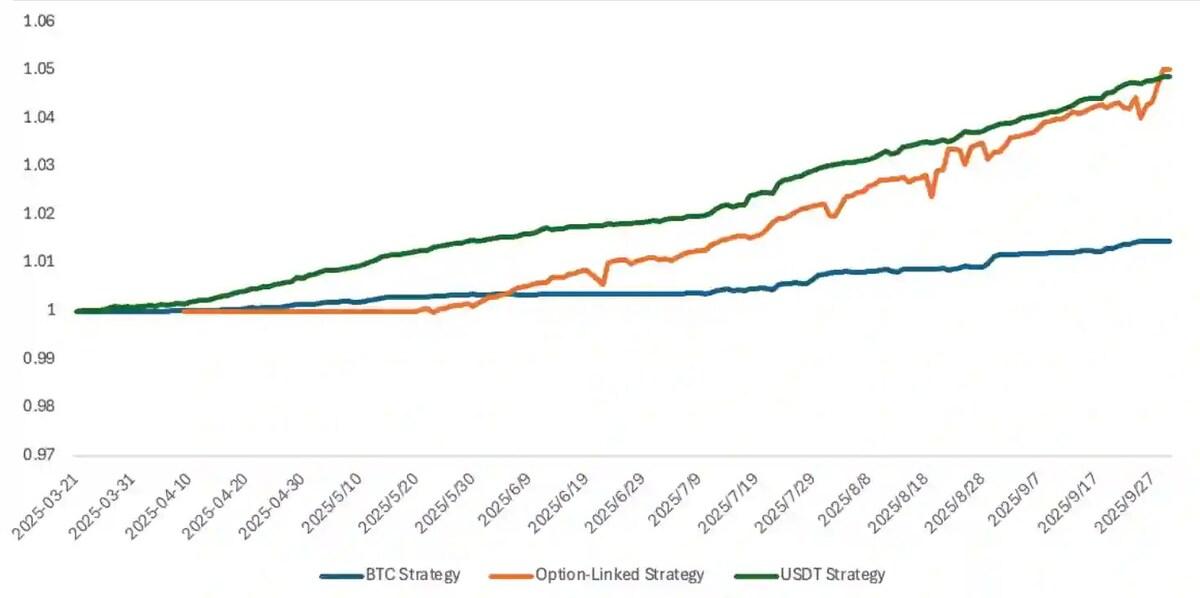Why pricing is now a top strategic priority for CFOs

Good morning. Trade policy uncertainty, competitive pressures, and supply chain disruptions are pushing chief financial officers to rethink how they set prices.
Deloitte’s latest North American CFO Signals survey finds that 95% of finance chiefs surveyed have adjusted their pricing strategies in the past six months, and 86% expect pricing to play an even greater role in financial performance over the next year.
Those are striking numbers, Steve Gallucci, global and U.S. leader of Deloitte’s CFO Program, told me. “You can say with conviction that those statements are unequivocally true,” Gallucci said.
The six-month window roughly aligns with the introduction of new reciprocal tariffs earlier this year—one of several factors prompting CFOs to revisit pricing strategies. However, according to the survey, competitive pressure is the top factor influencing pricing decisions, cited by 50% of CFOs. Thirty-four percent said trade policy uncertainty, and 43% said supply chain disruptions (in some cases, triggered by trade policy).
The research found that 44% of CFOs said their companies plan to absorb some or most tariff costs, while 48% expect to pass them on to consumers and another 48% plan to offset them through operational savings. The findings are based on a survey of 200 North American CFOs from companies with revenues above $1 billion.

As companies navigate higher costs and market volatility, CFOs are playing a more direct role in pricing strategy, Gallucci said. The shift reflects how the finance chief’s role continues to evolve, increasingly encompassing aspects of commercial leadership. Pricing decisions now demand input from finance, operations, and marketing alike, as companies weigh margin protection against customer retention, he said.
In reviewing earnings so far this week, I think that the Coca-Cola Company’s (No. 97 on the Fortune 500) third-quarter 2025 results illustrate the trend. Net revenues rose 5% year over year to $12.5 billion, with organic revenue up 6%. A 6% price/mix gain—driven by four points of pricing actions and two points of favorable mix—was a key contributor, President and CFO John Murphy said on Tuesday’s earnings call. Although inflationary pressures have largely eased, the company continues to benefit from disciplined revenue growth management and a balanced product mix, Murphy noted.
In the quarter, Coca-Cola benefitted from stronger performance among premium brands such as Smartwater and Topo Chico, which the company noted were favored by higher-income consumers—an indicator that those segments may have been more willing or able to accept higher price points.
Data and strategy
Deloitte’s survey highlighted the causes of challenges in adjusting prices quickly. About 55% of respondents cited a lack of accurate or accessible data, and 54% pointed to the absence of a cohesive pricing strategy. Additionally, half said they lack adequate pricing tools or technology.
Moving fast without solid data can be just as risky as moving too slowly, Gallucci said.
Despite these challenges, 81% of CFOs describe their organizations’ pricing processes as mature or very mature, which could be a sign that many finance teams are investing in better systems, data analytics, and coordination across functions.
For many finance chiefs, pricing is about more than responding to tariffs—it’s a core measure of business health.
SherylEstrada
sheryl.estrada@fortune.com
Leaderboard
Fortune 500 Power Moves
Galagher Jeff, EVP and CFO of Murphy USA Inc. (No. 231 ) has departed the company, effective Oct. 14, and the company made the announcement on Oct. 17. Jeff’s exit was not the result of any disagreement regarding the company’s operations, financial performance, or condition, according to an SEC filing. Donald R. Smith Jr., the company’s current VP, chief accounting officer and treasurer, will serve as interim CFO. Smith has been with Murphy USA since its 2013 spin-off from Murphy Oil Corporation, initially serving as VP and controller.
Every Friday morning, the weekly Fortune 500 Power Moves column tracks Fortune 500 company C-suite shifts—see the most recent edition.
More notable moves
Ram Paudel was promoted to CFO of KeyData Cyber, an identity and access management provider. Previously serving as VP of finance, Paudel has been a member of the executive leadership team for the past seven years. He joined KeyData Cyber in October 2018 as financial controller.
Melissa Van Huss was promoted to CFO of Luttrell Staffing Group, effective October 2025. Van Huss joined the organization in 2020. She was most recently the controller and previously served as director of finance. Before joining Luttrell, Van Huss worked as an auditor for a regional public accounting firm for seven years.
Big Deal
“State of Crypto 2025: The Year Crypto Went Mainstream” is a comprehensive industry report released by a16z Crypto. The report underscores the growing integration of crypto into various sectors, including finance, technology, and global markets. For example, major financial institutions and corporations are increasingly embracing cryptocurrency, with many Fortune 500 companies launching blockchain initiatives and investing in crypto assets, according to the report.
Going deeper
“Tesla reports record sales, record storage—but profit slips as tax-credit rush pulls demand forward” is a Fortune report by Ashley Lutz.
“Tesla’s Q3 2025 update reports record vehicle deliveries and record energy storage deployments, alongside higher revenue, but earnings pressure persisted due to margin headwinds and a likely pull-forward of demand before U.S. EV tax credits expired in September,” Lutz writes.
The company delivered 497,099 vehicles in Q3 2025, a new quarterly record, with total production at 447,450 units, reflecting inventory drawdown to meet demand surge before tax credit expiry. You can read more here.
Overheard
“Your biggest risk isn’t market volatility – it’s how you respond to it. Rather than be reactive and try to time the market, it’s important to stay the course.”
—Thasunda Brown Duckett, president and CEO of TIAA, writes in a Fortune opinion piece titled, “Time in the market is more powerful than timing the market.”





